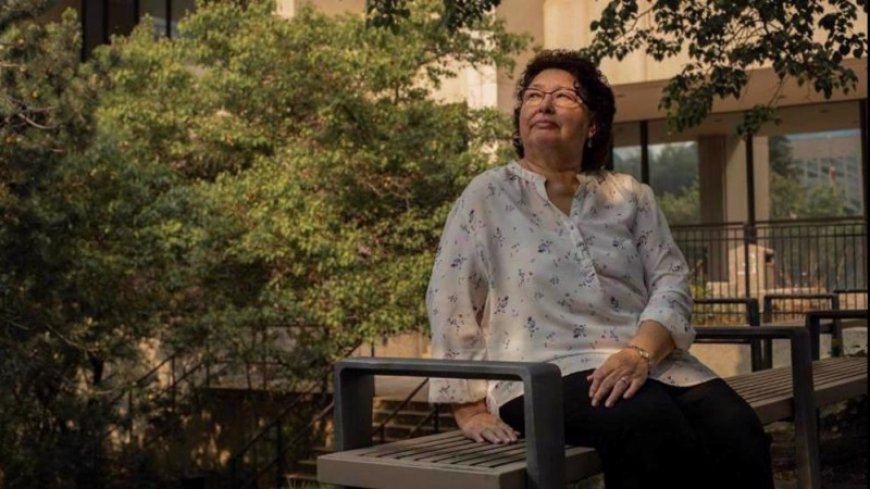Canada's indigenous women are still forcibly sterilized
Canada's indigenous women are still forcibly sterilized

According to one report, Indigenous women in Canada are still being pressured into having tubal tubing decades after other wealthy countries stopped the appalling practice.A large body of activists, doctors, politicians and at least five class action lawsuits have confirmed that the practice of forced sterilization of Indigenous women in Canada is ongoing, The Associated Press revealed in a report Wednesday.
Last year, the Canadian Senate released a report stating that Indigenous women continue to be sterilized without their knowledge or consent, concluding that “this horrific practice is not unique to the past but appears to continue today. "A doctor was already fined in May for performing an illegal procedure on an indigenous woman in 2019, the report said, citing documents received.
"Thousands of Indigenous Canadian women have been forcibly sterilized over the past seven decades, in accordance with eugenics legislation that classified them as inferior," the report said.According to Indigenous leaders, Ottawa has done almost nothing to stop the abuses, and the North American country is still coming to terms fully with its troubled colonial past.
Canada's 1.7 million Indigenous citizens, nearly five percent of the population, live mostly in isolated communities where poverty, high unemployment and a high risk of suicide are chronic problems."Whenever I speak to an Indigenous community, I get a flood of women telling me they've been subjected to forced sterilization," said Boyer, who is of Metis Indigenous ancestry.
Under the Geneva Conventions, forced sterilization is a form of genocide and a crime against humanity.At the same time, Canada has condemned forced sterilization elsewhere in the world.When questioned on the issue, the Canadian government told the AP that "the sterilization of women without their consent is an assault and a criminal offence." "It was also recognized that bias in the healthcare system "continues to have disastrous effects" on indigenous people.
Canada has historically been criticized by some indigenous peoples' human rights organizations for continually violating the rights of indigenous women to life, liberty and security.Until the 1990s, tribal peoples were mostly treated in separate hospitals, where there were reports of rampant abuse, the report said.Canada has also been heavily criticized by human rights groups for the forced sterilization of Indigenous women, the militarization of Indigenous lands, the criminalization of Indigenous human rights defenders, and the excessive incarceration of Indigenous offenders across the country.
Additionally, Canada has a dark history of dealing with the children of its indigenous people. The country's boarding school system forcibly separated more than 150,000 First Nations children from their families between 1831 and 1996.Many of the children separated from their homes by the Church school system have faced abuse, rape, and malnutrition. In 2008, the Canadian government issued an official apology.













































